“There are many neighborhoods we can no longer go to because we are in danger of being injured, attacked or murdered,” Ali Utlu tells me when we speak ahead of the German elections. As a gay German man of Turkish extraction and an ex-Muslim, he’ll be voting for the hard-right Alternative for Deutschland (AfD) Party. And he’s not alone.
A survey of more than 60,000 gay German men by Europe’s largest gay dating platform Romeo found that almost 28 percent of its users intended to vote for the AfD, making it the most popular party in Germany for gay men. The poll showed that the AfD did best among eighteen to twenty-four-year-olds: 34.7 percent said they’d vote for the party. Among those aged twenty-five to thirty-nine, it was 32.3 percent.
Perhaps this shouldn’t be surprising. There’s long being an association between gay men and the right. When the far-right Austrian politician Jörg Haider died in a car crash in 2008, it was on his way back from a gay bar. His intended successor claimed their relationship was "special" and went "far beyond friendship." Haider was, however, married with children and his homosexuality was hidden from the public.
Social attitudes have since changed, even on the hard right. The AfD is led by Alice Weidel, an open lesbian whose partner is of Sri Lankan origin. If she was the head of any other German political party, the media would be holding her up as a progressive trailblazer.
Weidel's opposition to mass immigration means that she'll never be celebrated by the left. But that in itself explains why so many gay people are moving towards the AfD. Ever since Chancellor Merkel threw open the borders of Germany in 2015, the country has been dealing with an influx of asylum seekers, many coming from countries where being gay is seen as shameful or, in the most extreme cases, outlawed and punished with death. Many refugees have brought these attitudes with them and the impact is being felt across Germany.
Late last year, Berlin police chief Barbara Slowik warned people there were areas in the capital "where I would advise people who wear a kippah or are openly gay or lesbian to be more careful." This was an extraordinary admission both because Germany is rightly sensitive about prejudice against Jews, and the city is famously gay-friendly, with hedonistic nightclubs like Berghain.
Many gay men I spoke to felt their concerns were being ignored by the mainstream parties. "I think left-wing parties thought that the only thing gays cared about was their rights," says David, a gay student who didn’t want to give his full name. He doesn’t like the AfD’s social policies but his main concerns are "immigration, the economy and security," so they will get his vote.
There is still controversy over the issue of trans rights within the AfD, who say they will get rid of a recently introduced self-identification law which allows people to "change sex" simply by filling in a form. They cite the examples of a twenty-eight-year-old man who claimed he’d "changed sex" but hadn’t had any surgery and who then tried to join a women’s only fitness studio, or the forty-seven-year-old man who also claimed he’d "changed sex" without completing gender reassignment surgery, and who has made a living bringing 239 sex discrimination cases to court. The law isn’t necessarily popular with gay men either. Utlu explains to me, "it says that there is no longer any sexuality, but only gender. If there is only gender, there can be no homosexuality."
The AfD’s success is part of a wider European trend, as the impacts of mass immigration and asylum are felt across the Continent. Over the border in France, a poll from 2017 found one in five gay men there would vote for Marine Le Pen's Rassemblement National. According to another poll, the party is especially popular with married gay men. Among the senior ranks of the party, there are many openly gay men, like Sébastien Chenu, Jean-Philippe Tanguy and Steeve Briois. The party has even been accused of "pinkwashing" because of its success at winning over the gay vote.
Although the AfD has said they would end gay marriage and replace it with civil partnerships, this is seen by many gay voters as a sop to social conservatives in their ranks, not something which is likely to happen. They feel that gay rights are secure and the real danger comes from socially conservative immigrants who are more likely to beat them up in the street than threaten the legality of their marriages. Ali Utlu says, "It has simply become far too dangerous, and all the other parties don't want to change anything about it... there's just the AfD. There is nothing else for us."



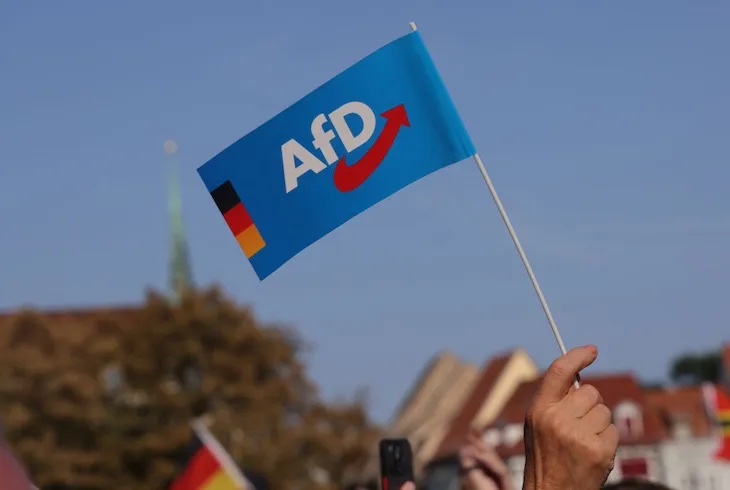











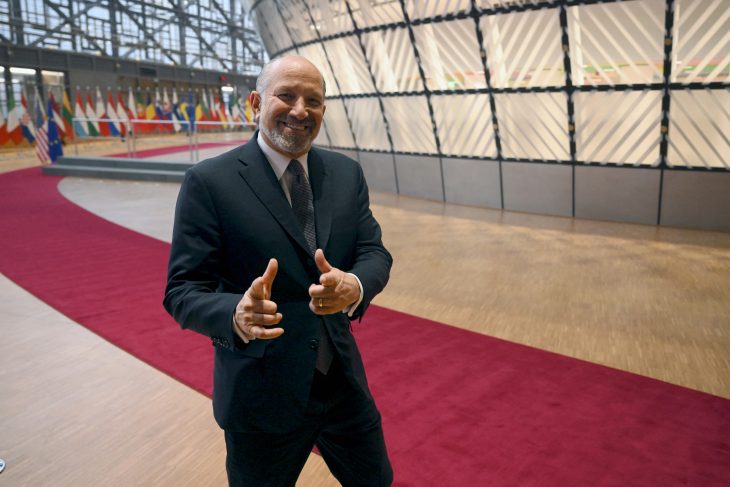
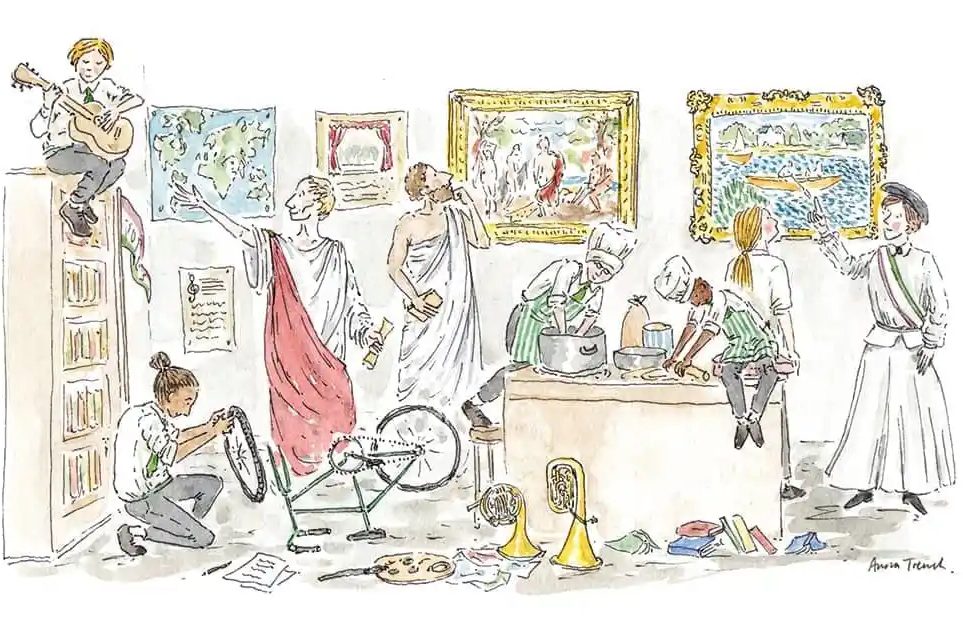
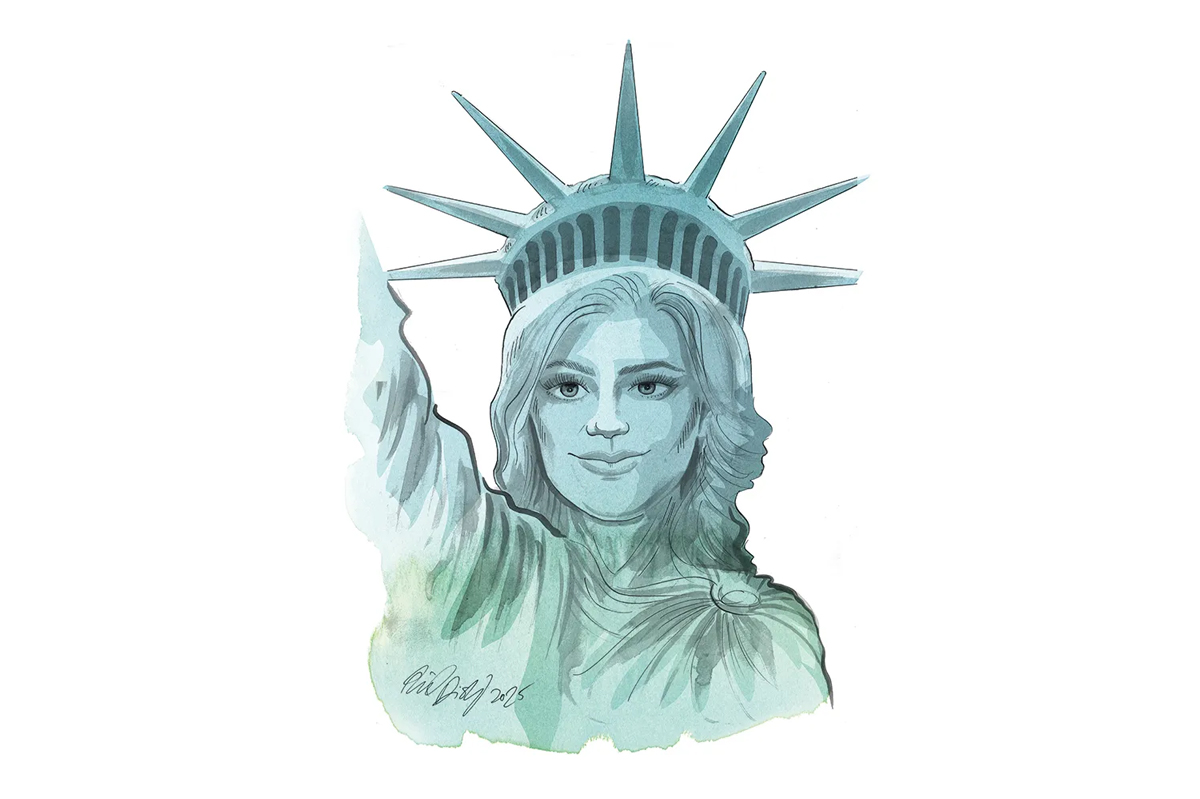
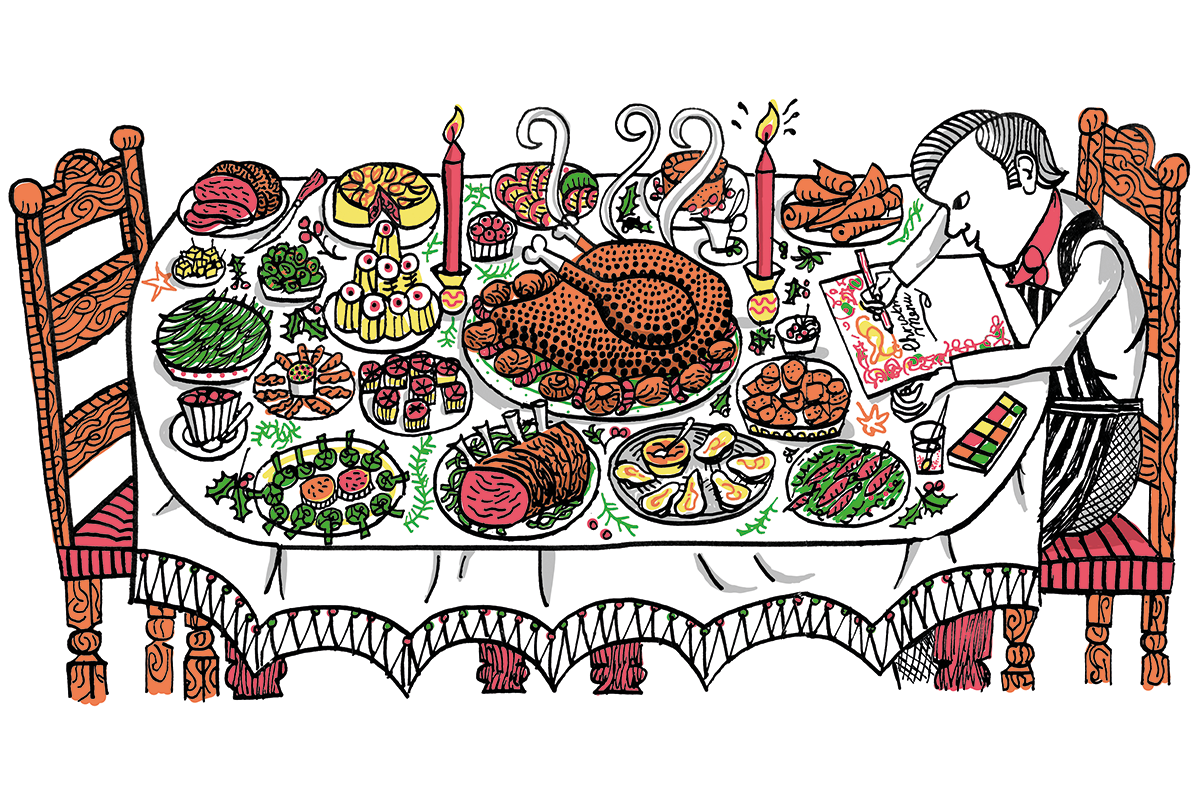







Leave a Reply